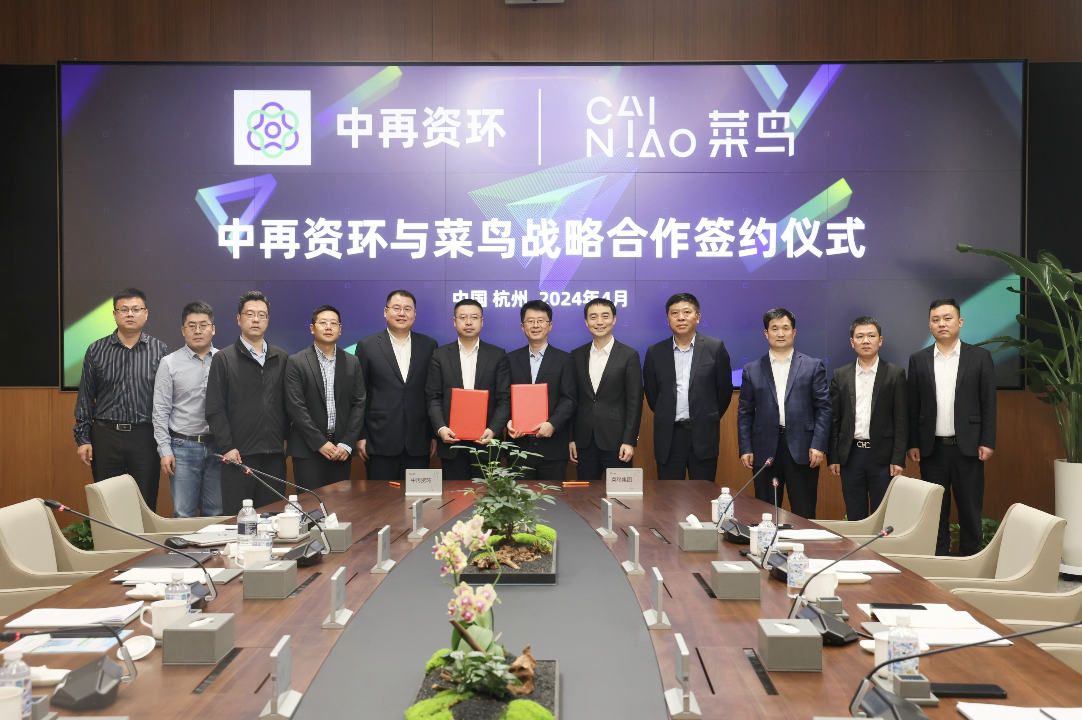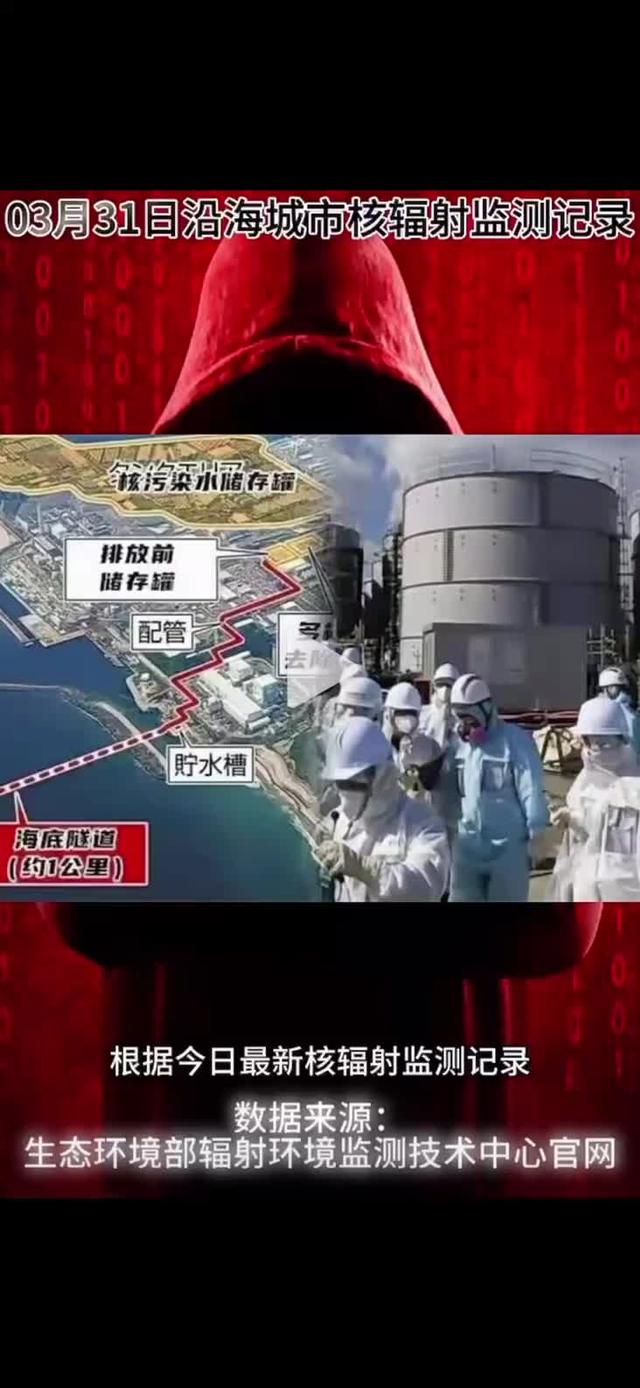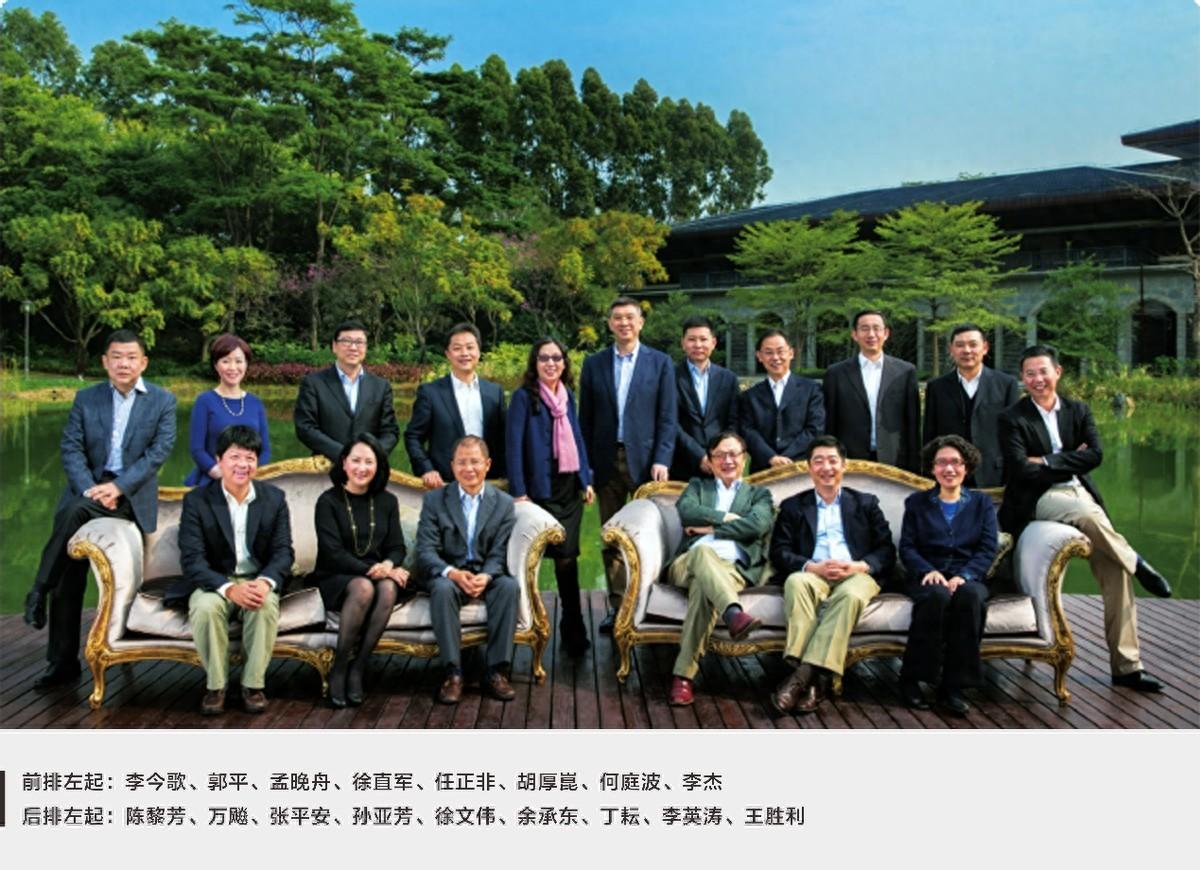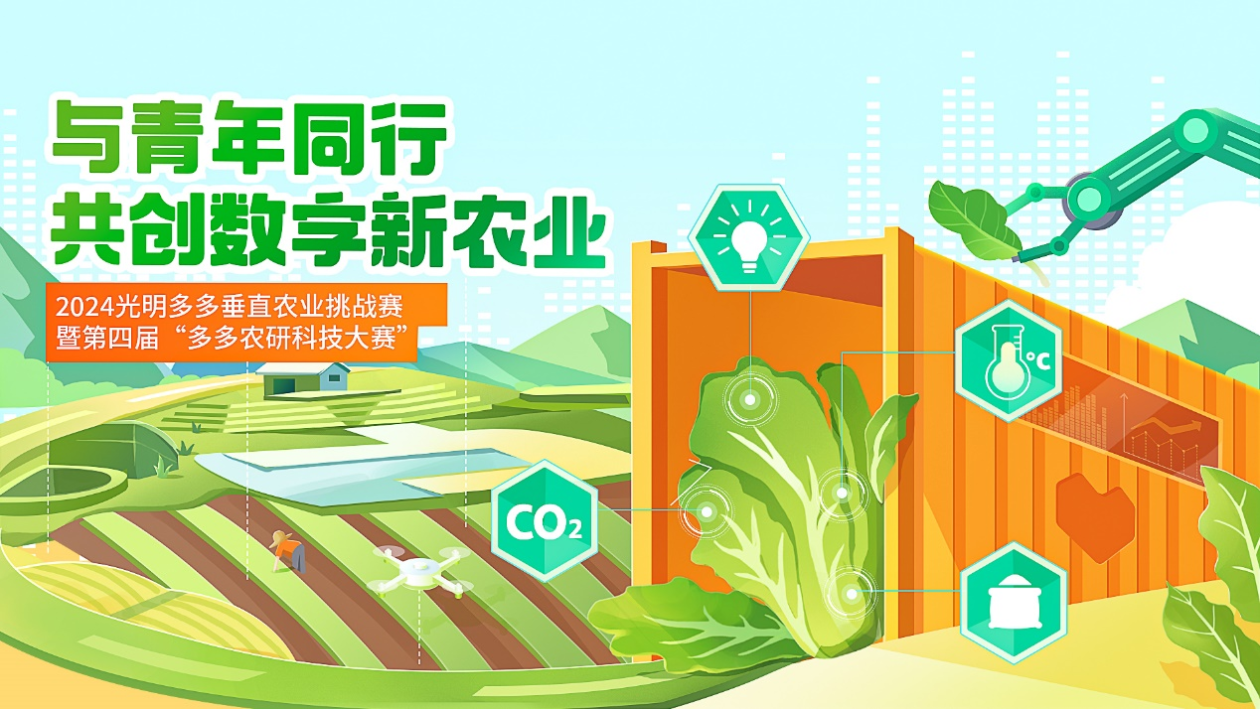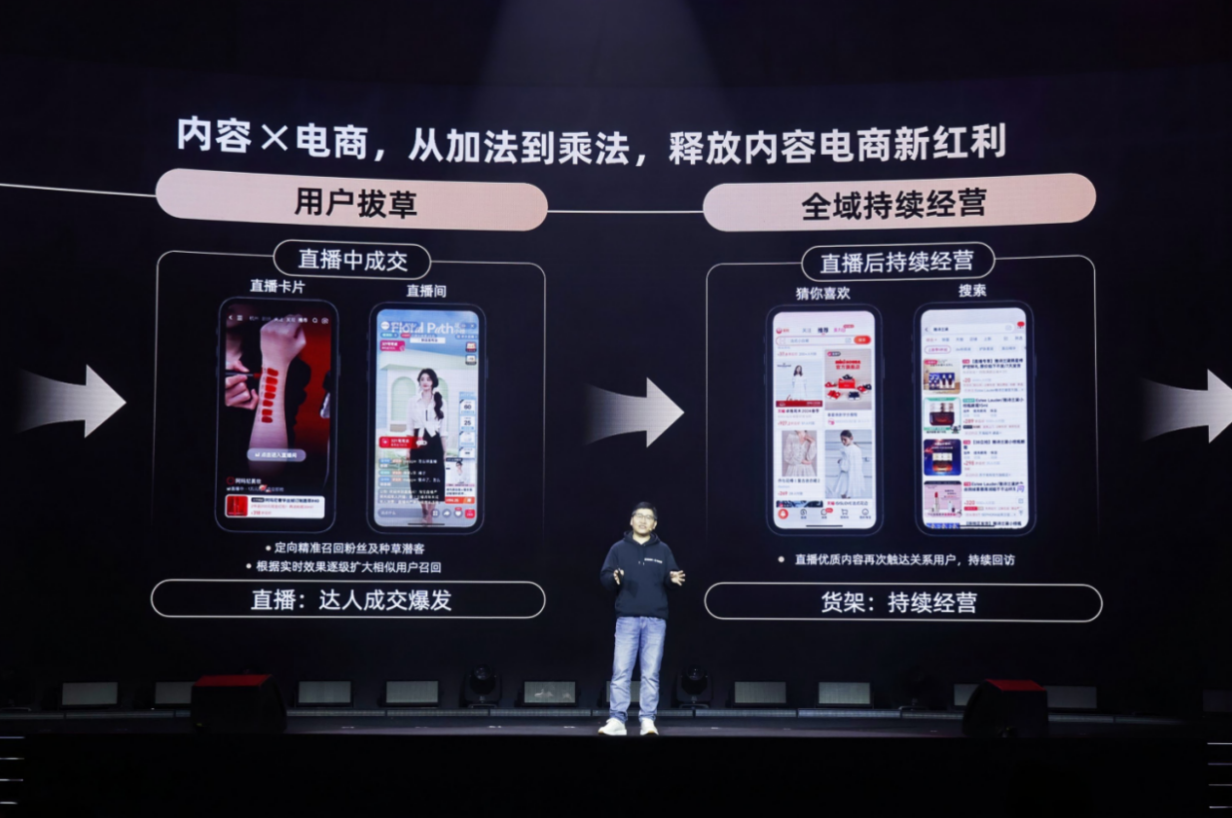Artificial gasoline technology has been improved, with a cost of less than three yuan per liter! But the result is simply unable to promote?
With the increasing global attention to environmental protection and energy security, various innovative energy technologies are constantly emerging. In March 2022, the Dalian Institute of Chemical Physics of the Chinese Academy of Sciences publicly announced that they had created "artificial gasoline" by kneading carbon dioxide and hydrogen gas together
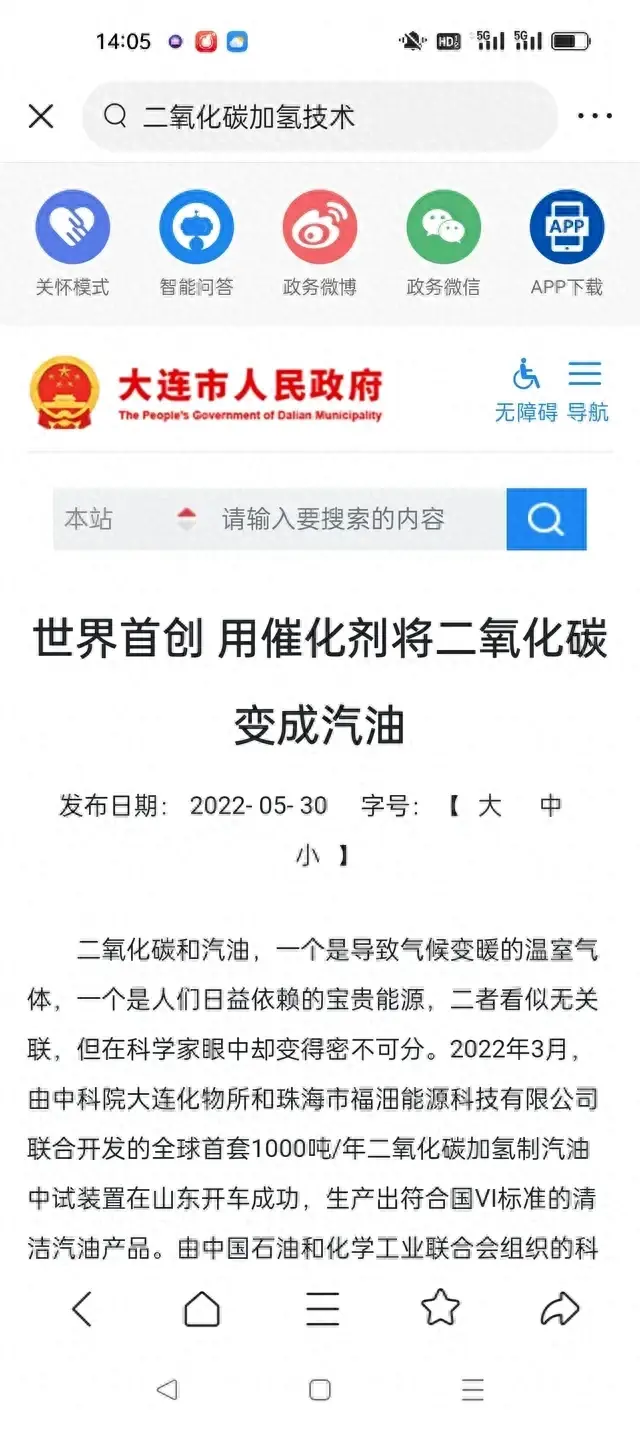
With the increasing global attention to environmental protection and energy security, various innovative energy technologies are constantly emerging. In March 2022, the Dalian Institute of Chemical Physics of the Chinese Academy of Sciences publicly announced that they had created "artificial gasoline" by kneading carbon dioxide and hydrogen gas together. The technology of "artificial gasoline" has attracted widespread attention due to its unique advantages. According to the latest report, this technology has been improved, with a cost of less than three yuan per liter. However, it faces the dilemma of not being able to be promoted.
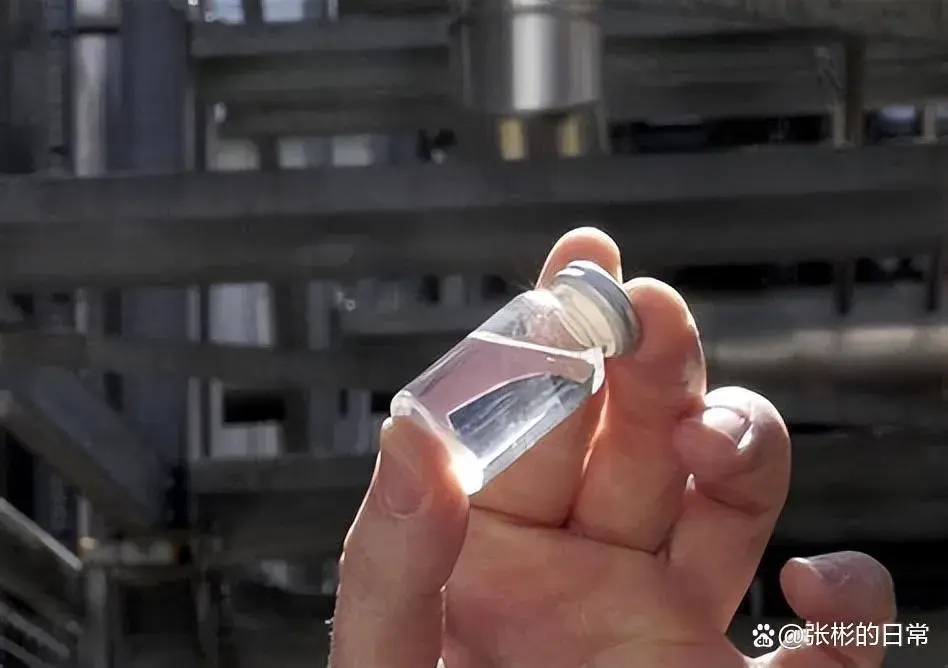
Artificial gasoline is a technology that converts water and carbon dioxide into fuel through chemical reactions. This technology has great potential because it can not only reduce dependence on traditional oil resources, but also reduce greenhouse gas emissions. In addition, the manufacturing cost of artificial gasoline is low, with a cost of less than three yuan per liter, which makes it highly competitive in the market.

However, although the technology of artificial gasoline has been improved, its promotion faces enormous difficulties. Firstly, there are various obstacles to the promotion of new energy technologies in current laws and policies. The approval and regulatory process for new energy technologies in many places is very cumbersome, which undoubtedly increases the difficulty of promoting artificial gasoline technology.
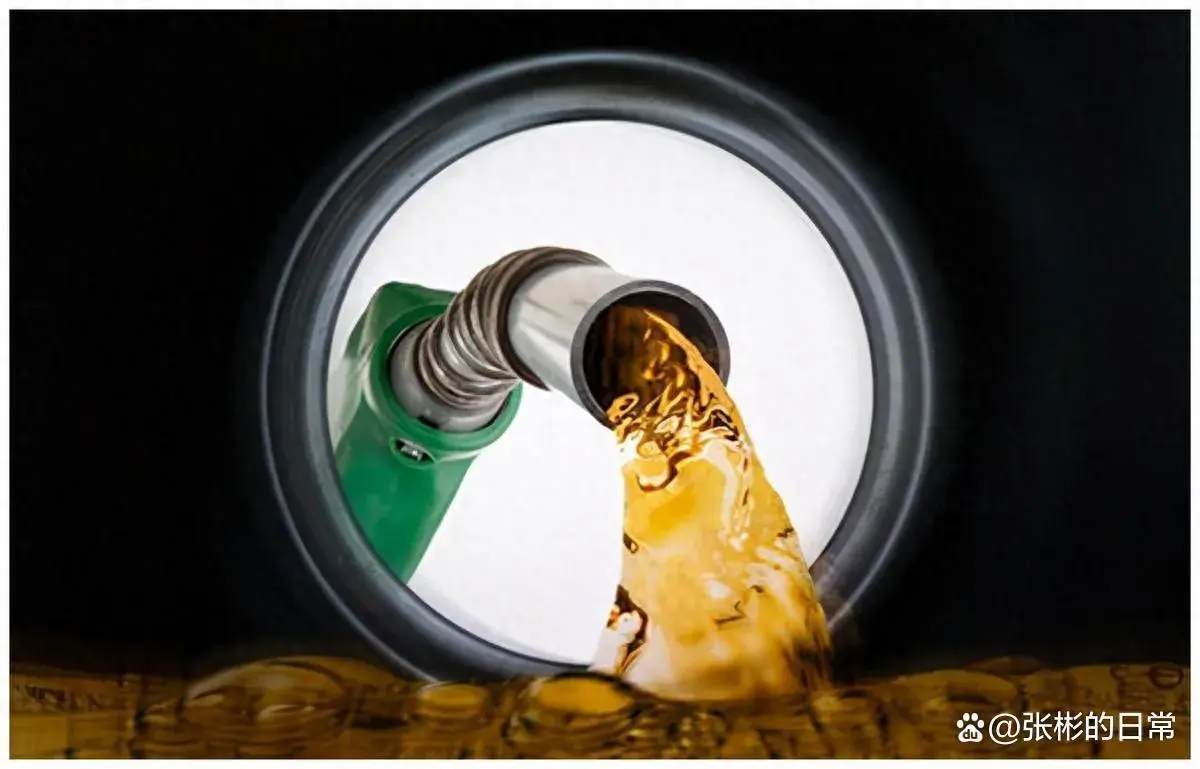
Secondly, the influence of the traditional petroleum industry is also an important factor hindering the promotion of artificial gasoline technology. The oil industry holds a crucial position in the global economy, and oil companies may view new energy technologies as a threat and adopt a boycott attitude.
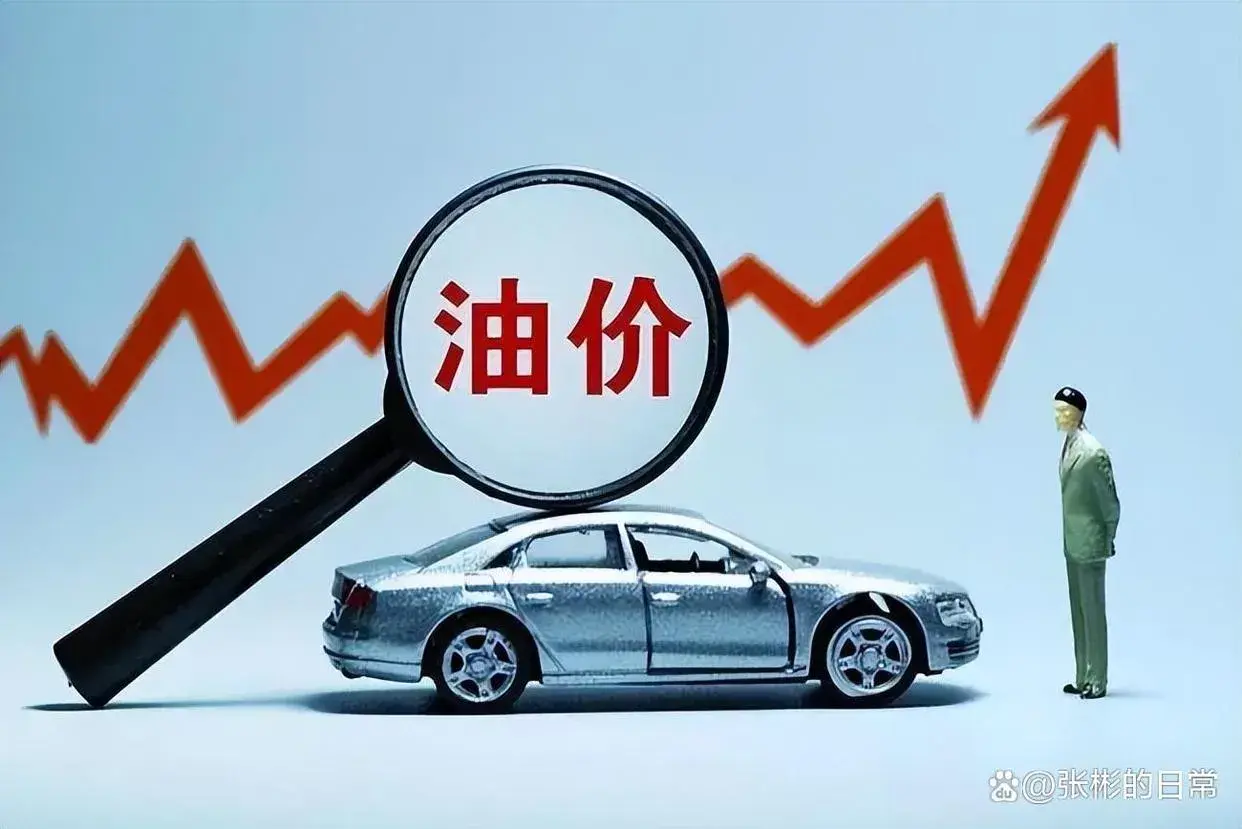
In addition, the public's acceptance of new energy technologies is also a key factor affecting their promotion. Despite the environmental and cost advantages of synthetic gasoline, many members of the public still hold a skeptical attitude towards this new technology. This concern has to some extent hindered the promotion of artificial gasoline technology.

In order to fully tap into the potential of artificial gasoline technology, we need to take a series of measures. Firstly, policymakers should actively promote the reform of relevant regulations to simplify the approval and regulatory process for new energy technologies. Secondly, increase the research and promotion of artificial gasoline technology to enhance public awareness and acceptance.
Furthermore, the government can provide certain subsidies or tax incentives to encourage businesses and individuals to use artificial gasoline. This not only reduces the price of artificial gasoline, but also stimulates the market demand for new energy technologies. In addition, strengthening international cooperation is also an important way to promote the promotion of artificial gasoline technology. Through joint research and development with other countries, technological resources and knowledge can be shared, accelerating the promotion and application of technology.

Although artificial gasoline technology faces many challenges, we have reason to believe that as long as we work together to overcome difficulties, this new energy technology with environmental protection and cost advantages will be widely applied globally. By actively addressing policy, publicity, and education challenges, we are expected to see more positive impacts of artificial gasoline technology on our lives and environment in the future.
Summary: The improvement of artificial gasoline technology undoubtedly brings new hope to the global energy field. However, its promotion faces challenges from various aspects such as regulations, industry influence, and public acceptance. In order to fully tap into the potential of this new energy technology, we need to comprehensively implement policies, research and development, publicity, and other perspectives to promote the widespread application of artificial gasoline technology. Only in this way can we better address the dual challenges of energy security and environmental protection, and achieve the goal of sustainable development.
Disclaimer: The content of this article is sourced from the internet. The copyright of the text, images, and other materials belongs to the original author. The platform reprints the materials for the purpose of conveying more information. The content of the article is for reference and learning only, and should not be used for commercial purposes. If it infringes on your legitimate rights and interests, please contact us promptly and we will handle it as soon as possible! We respect copyright and are committed to protecting it. Thank you for sharing.(Email:[email protected])






